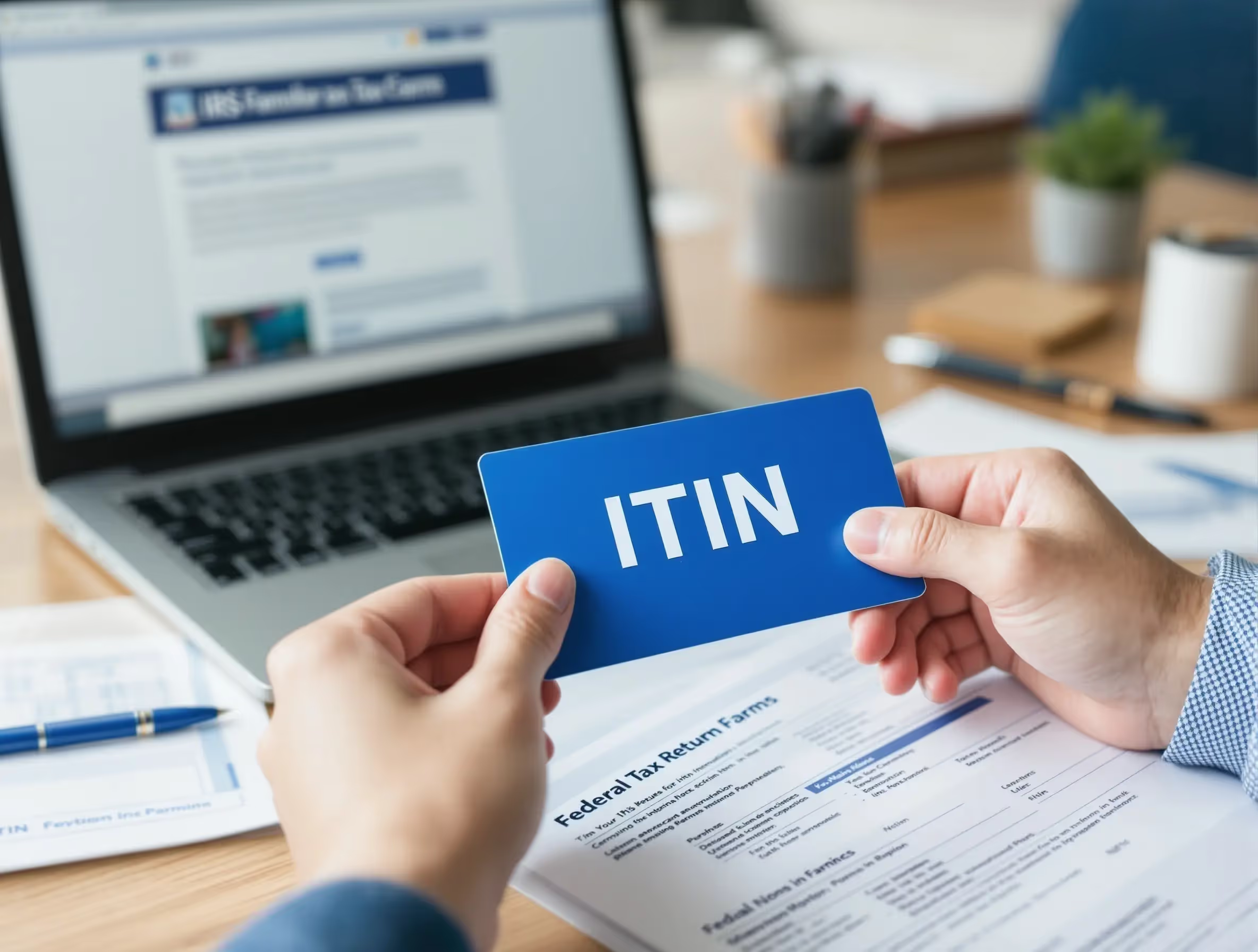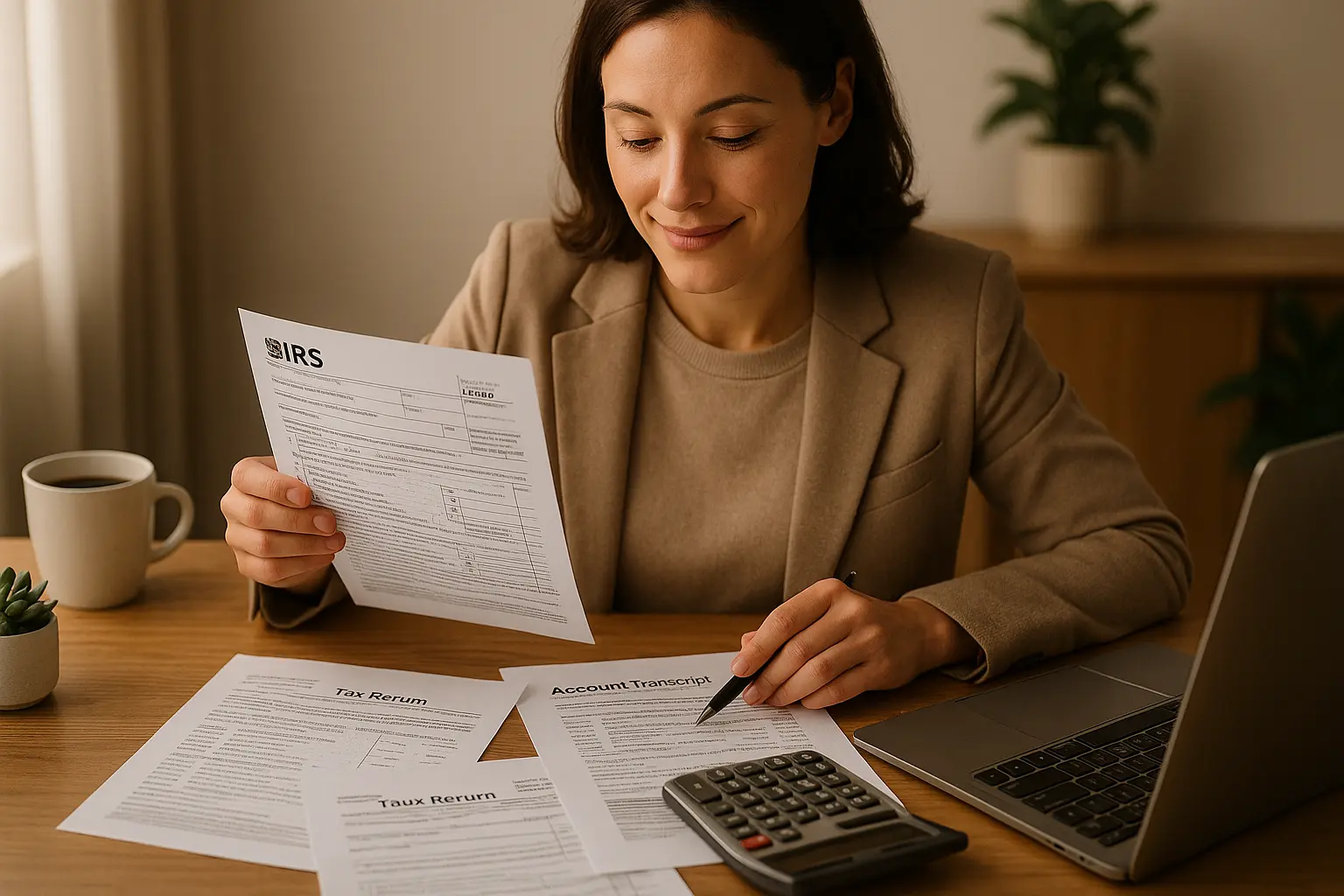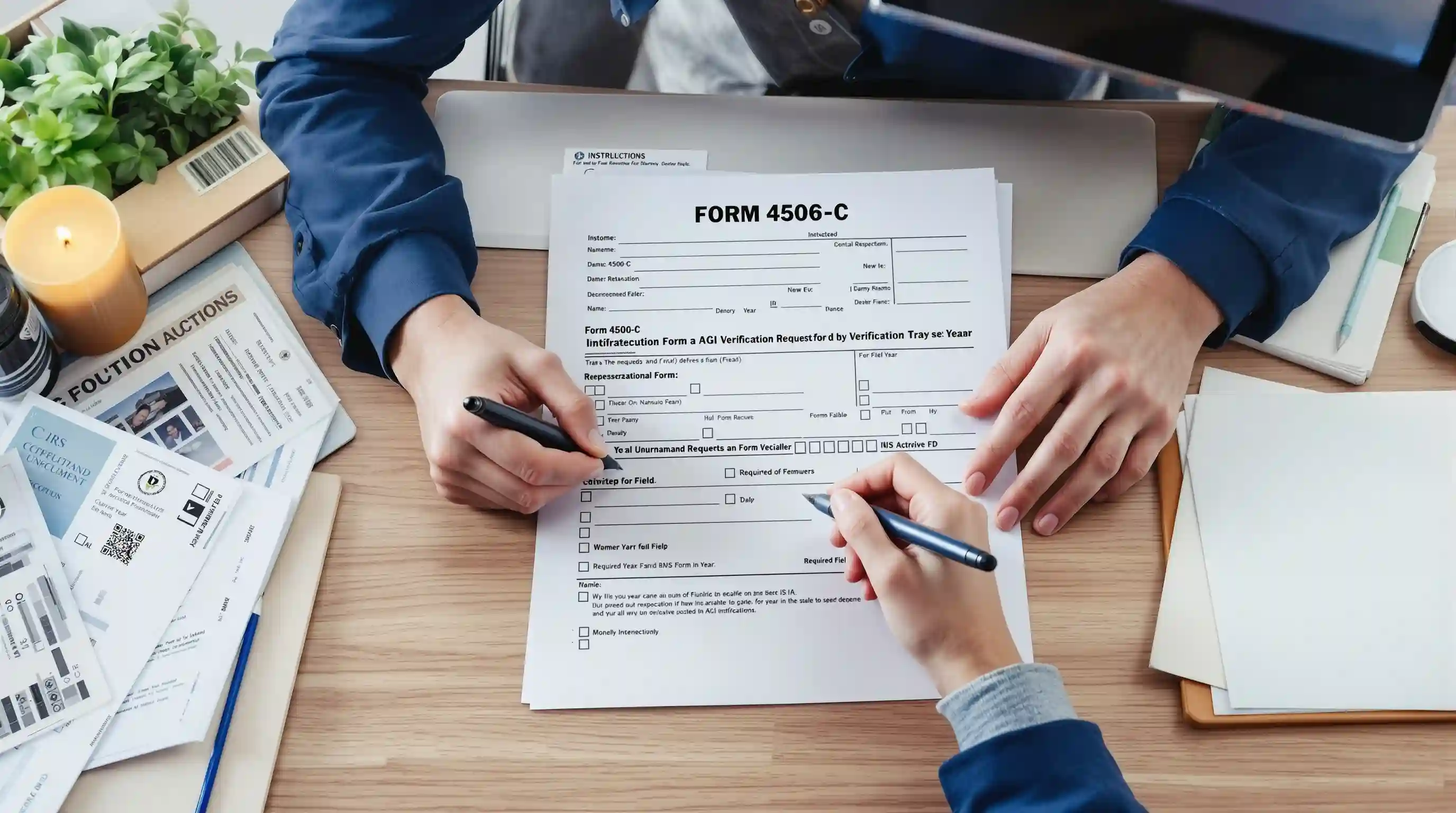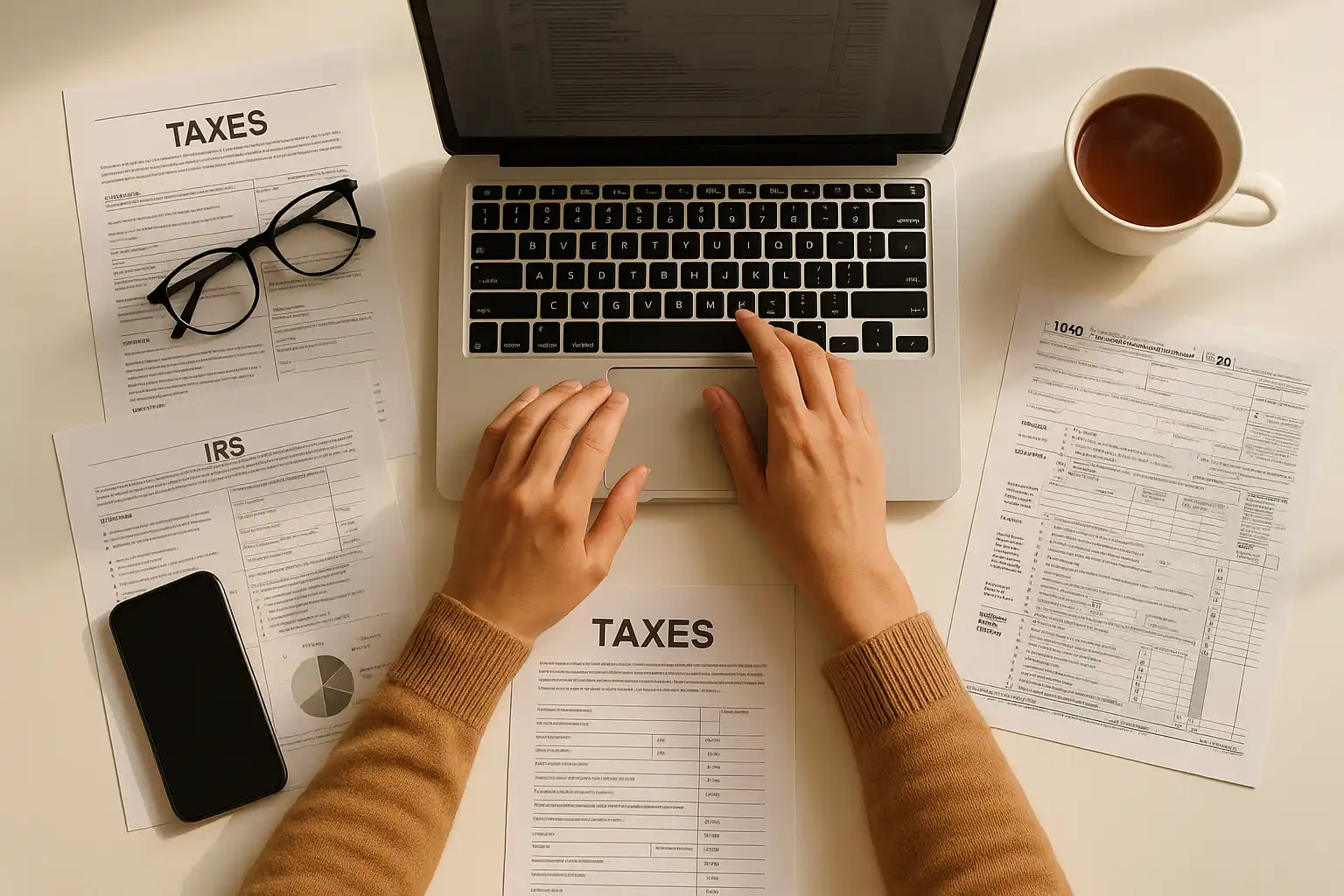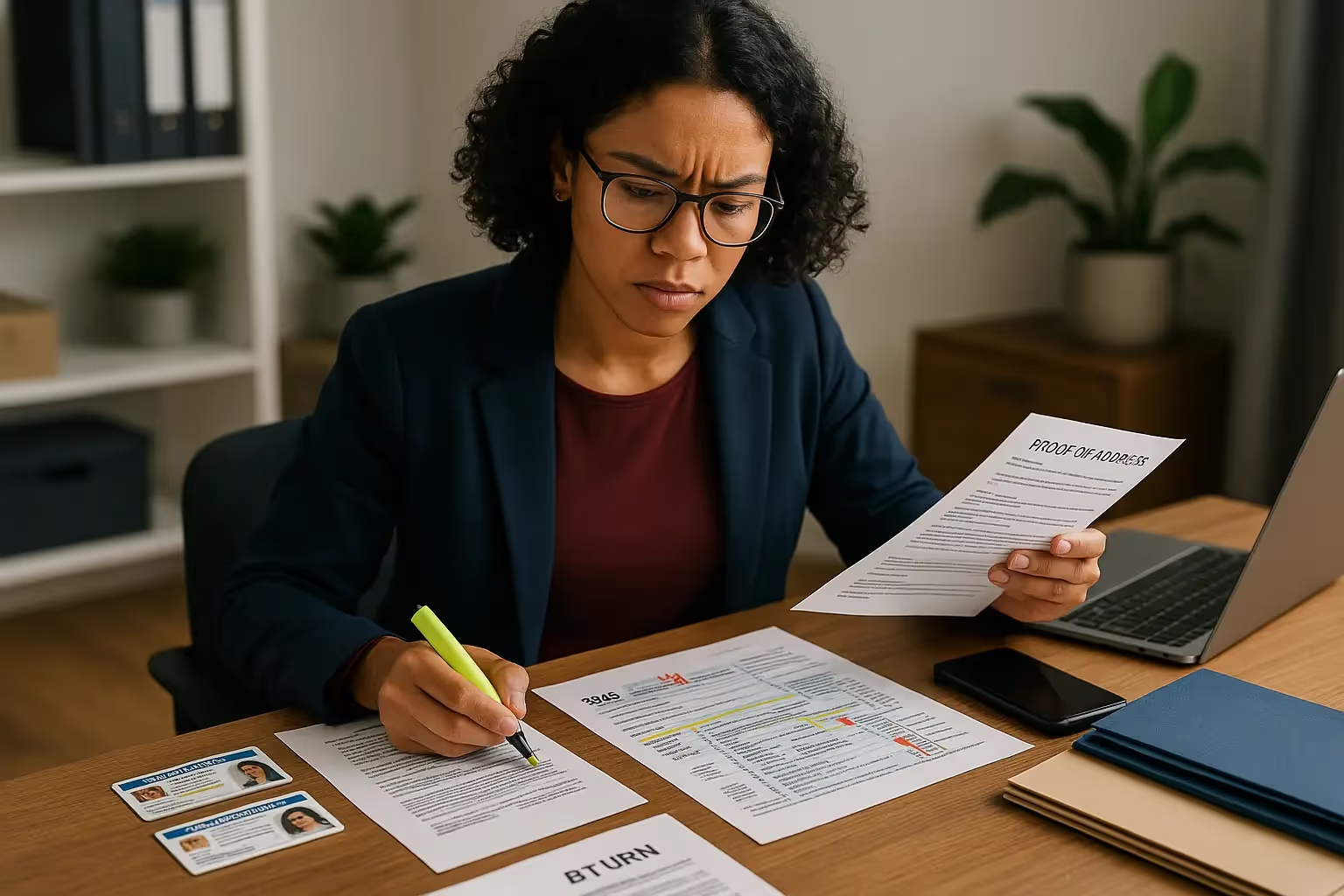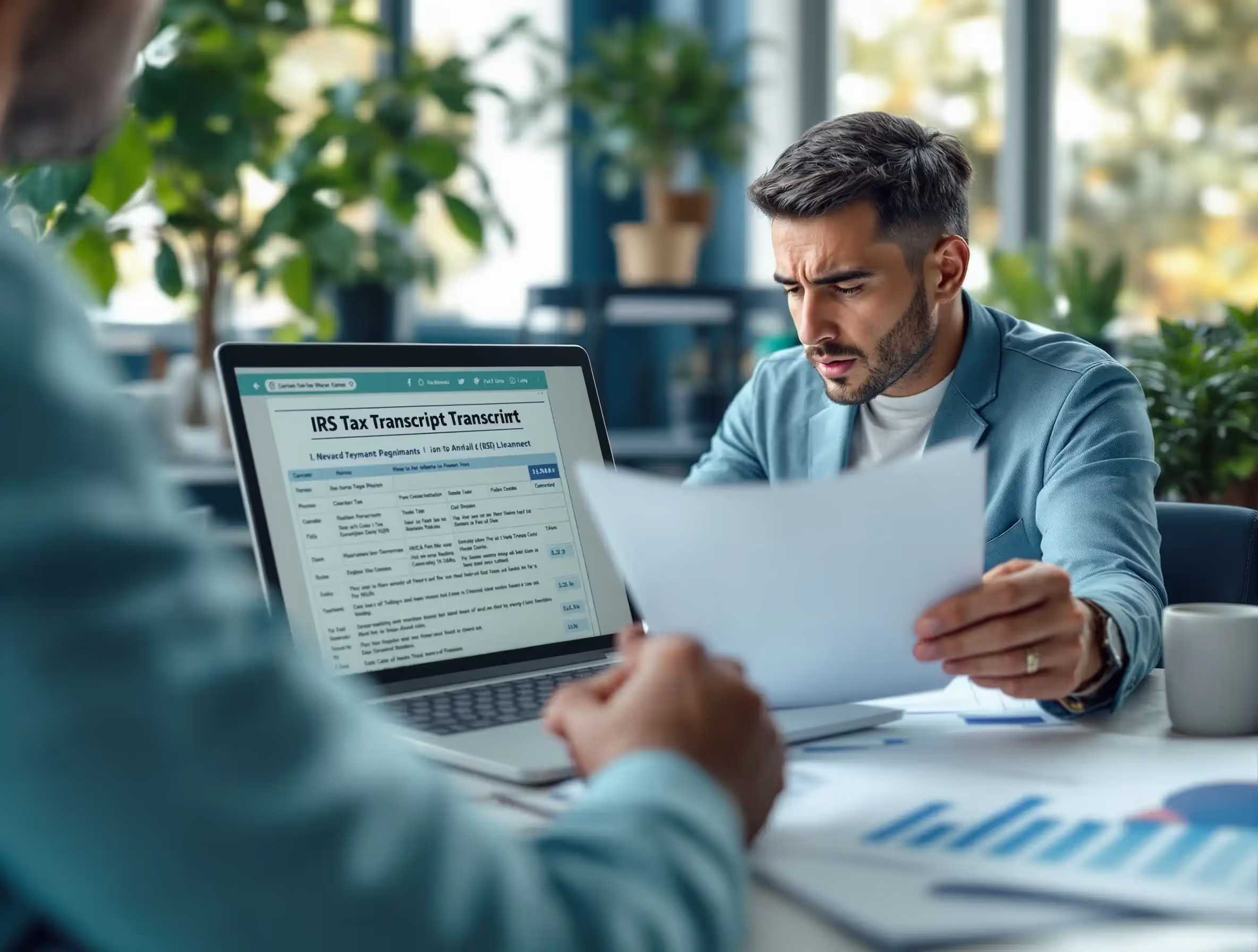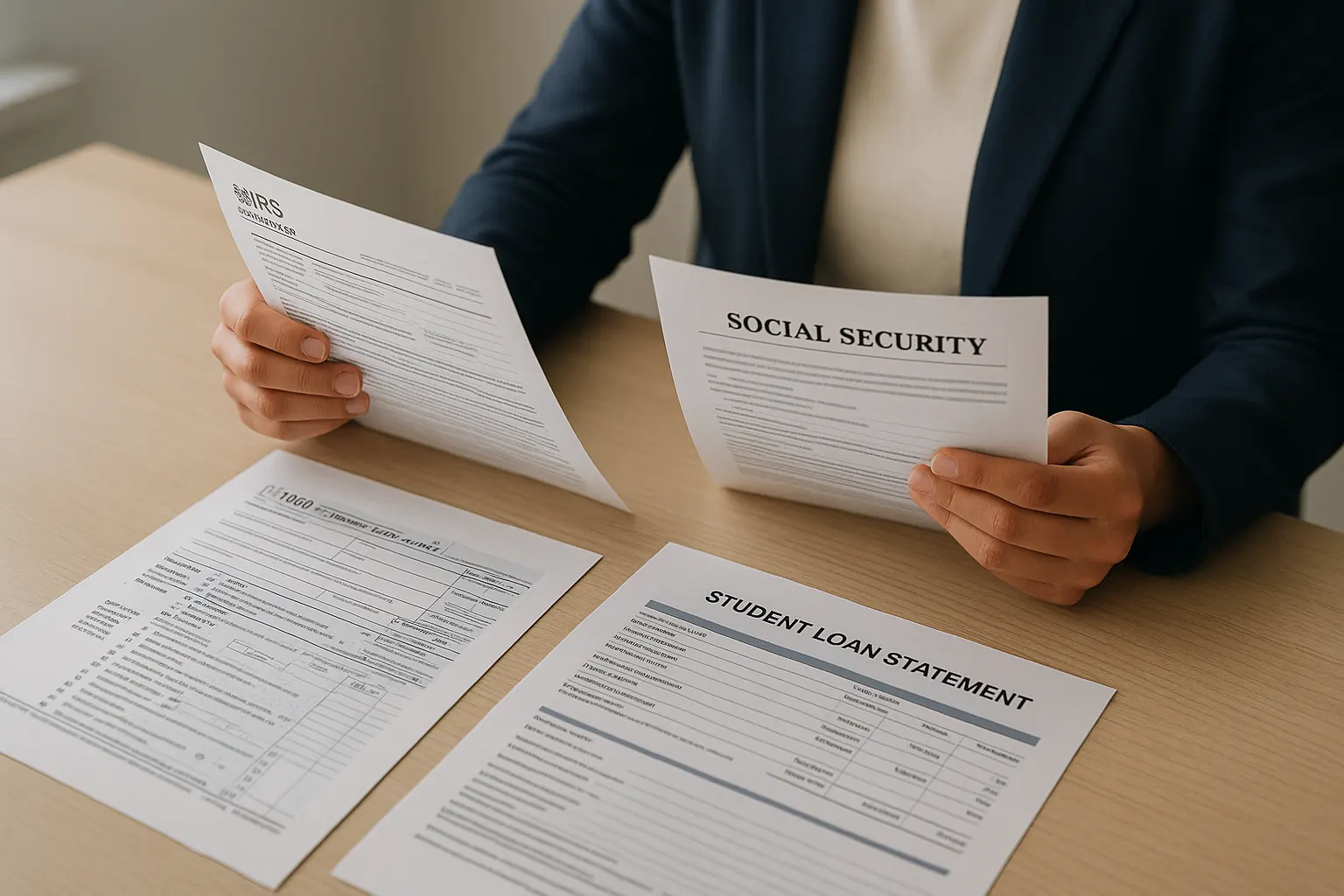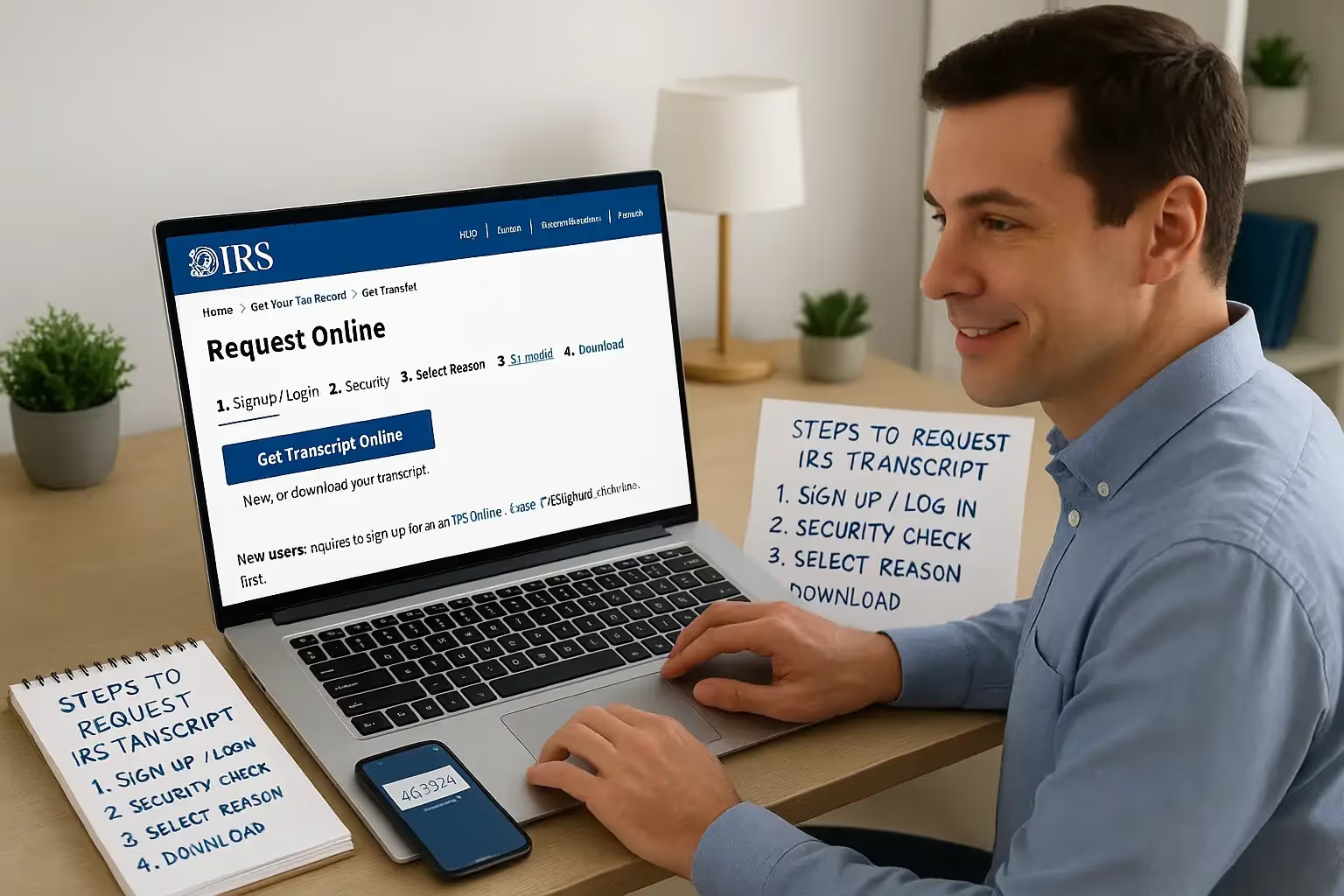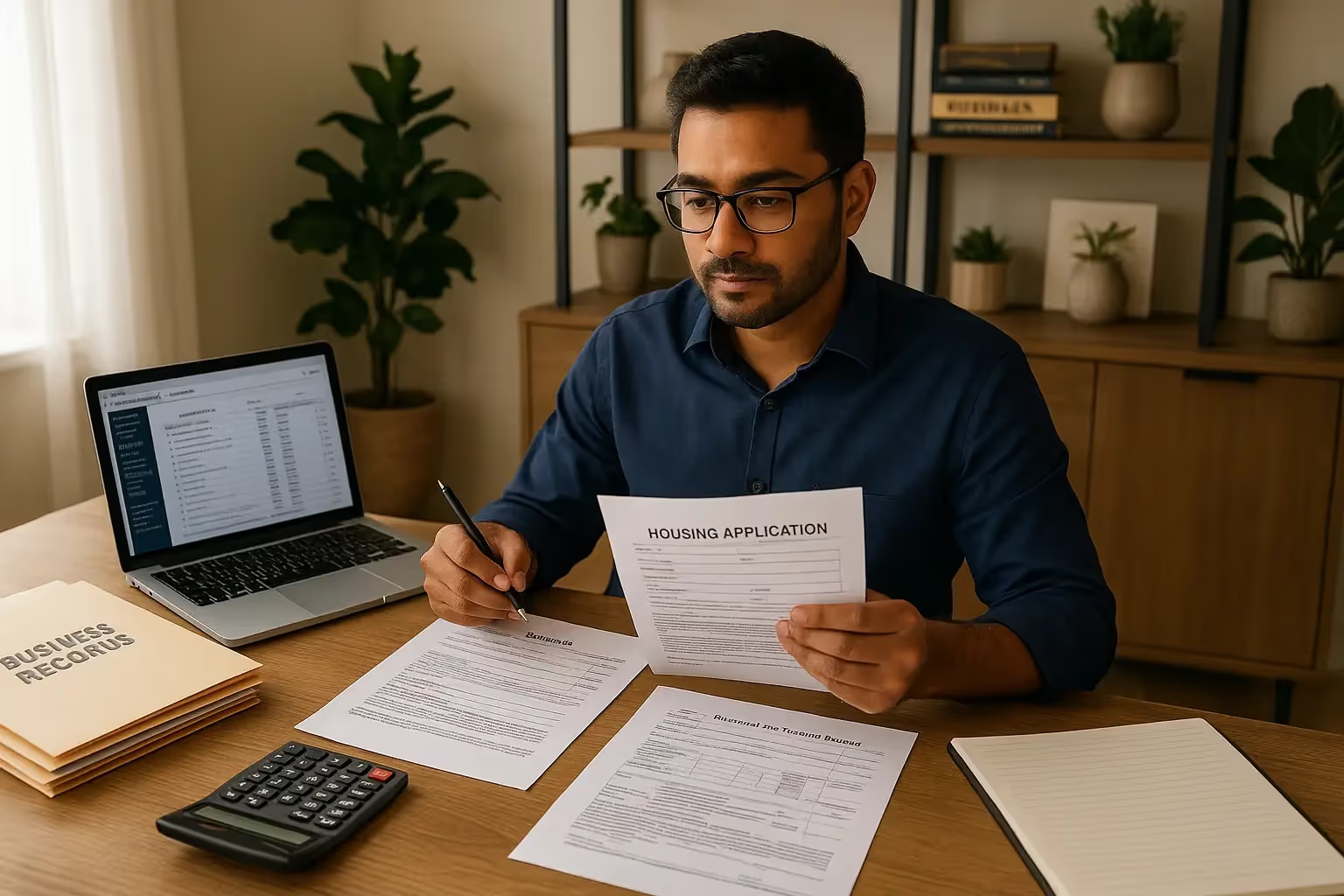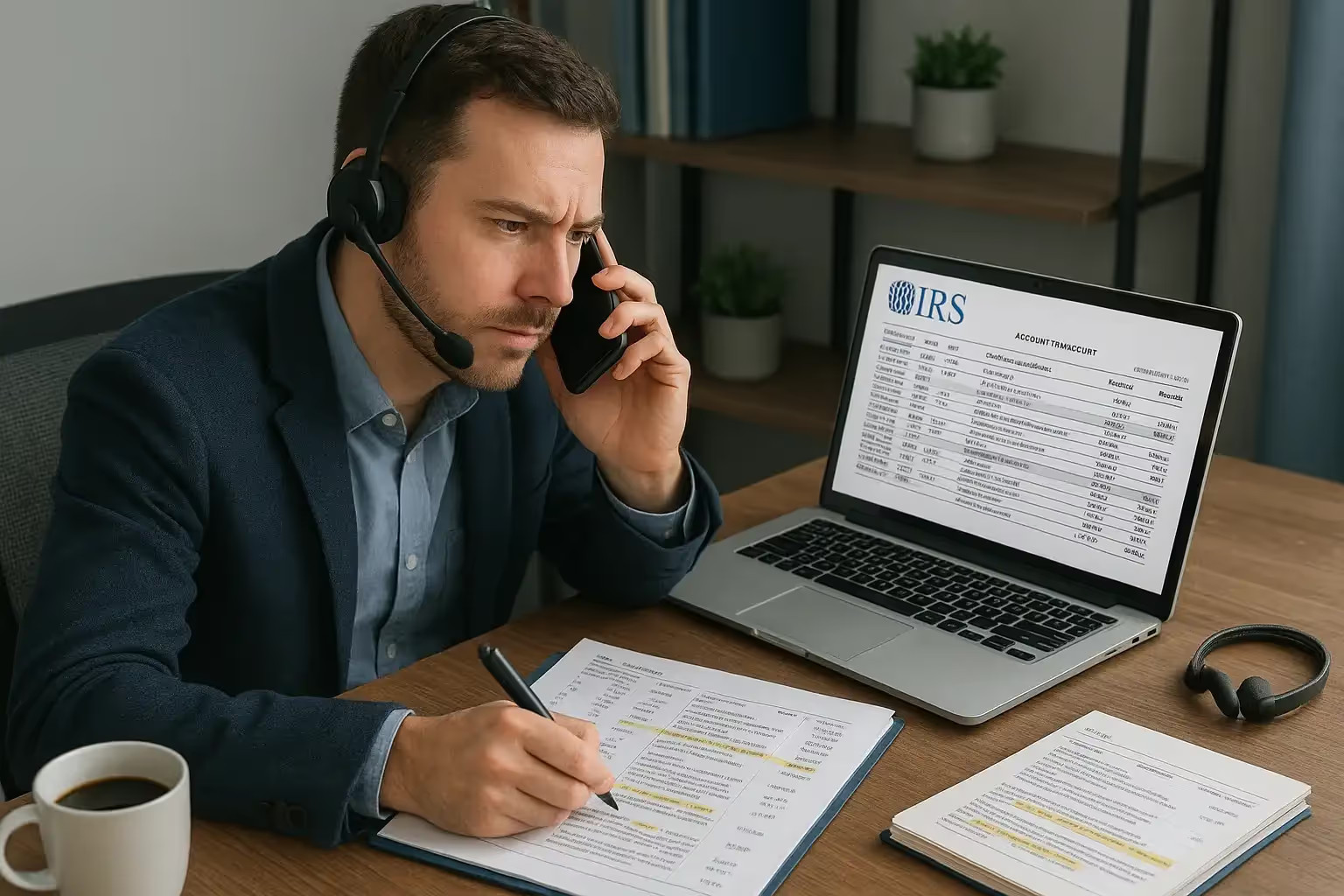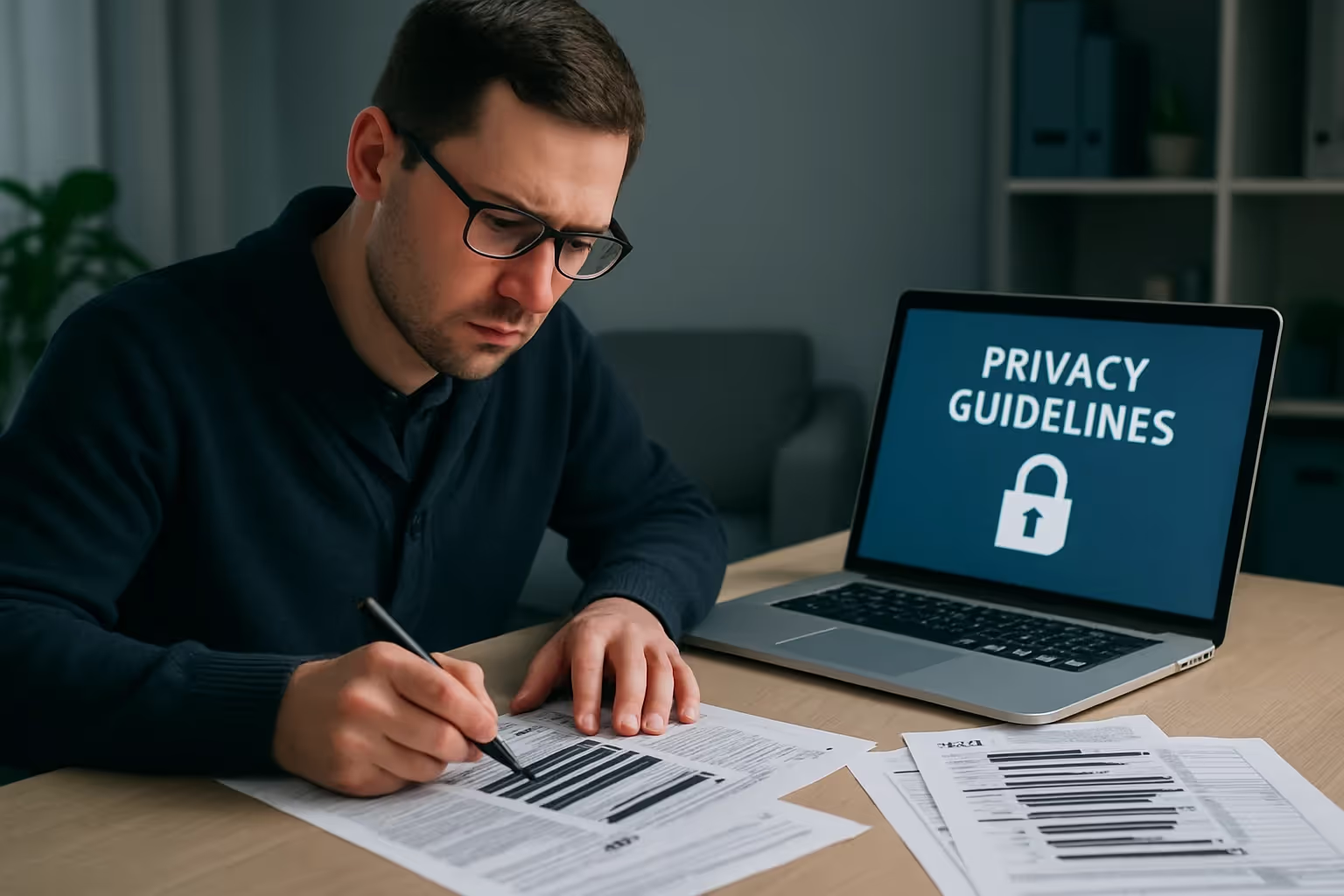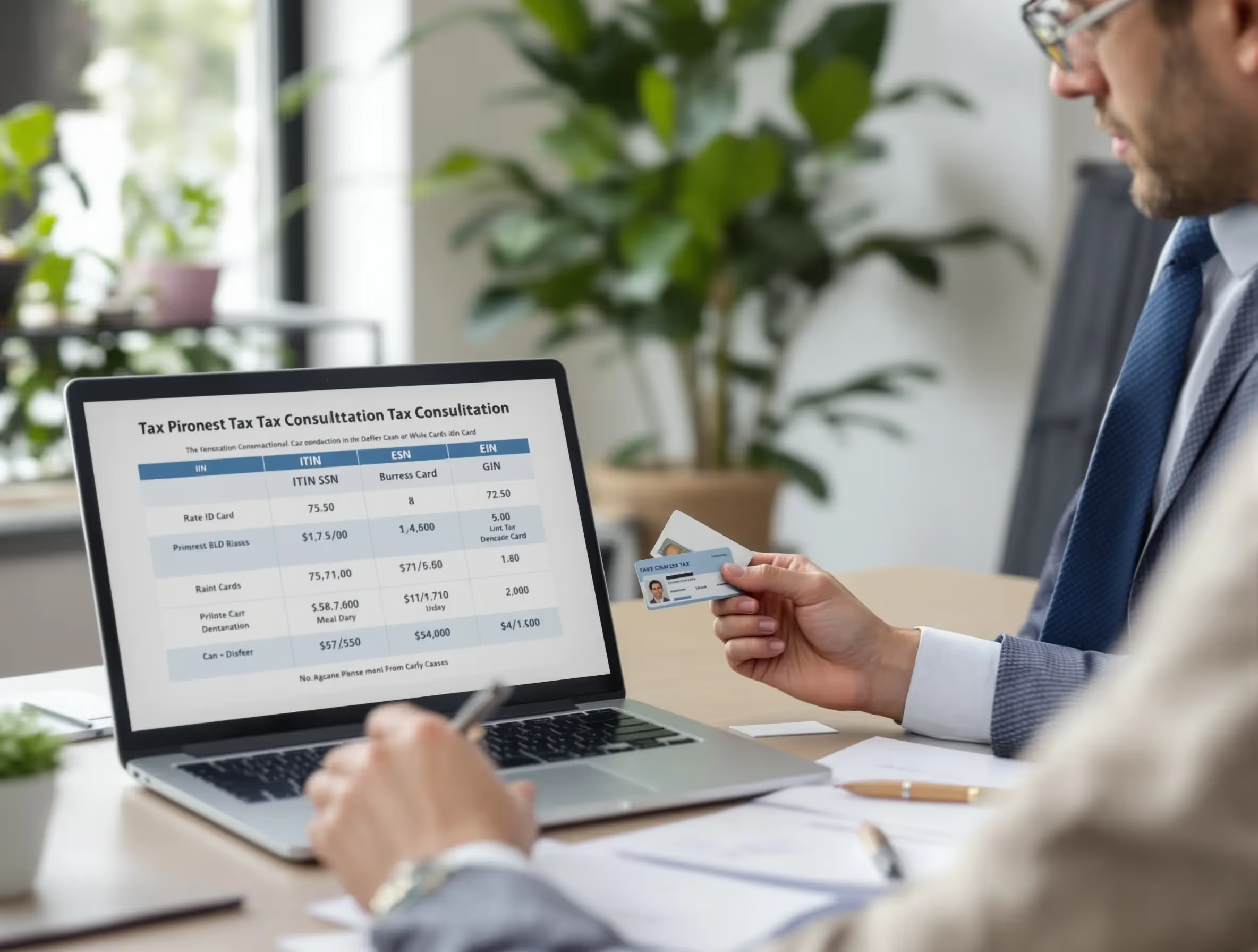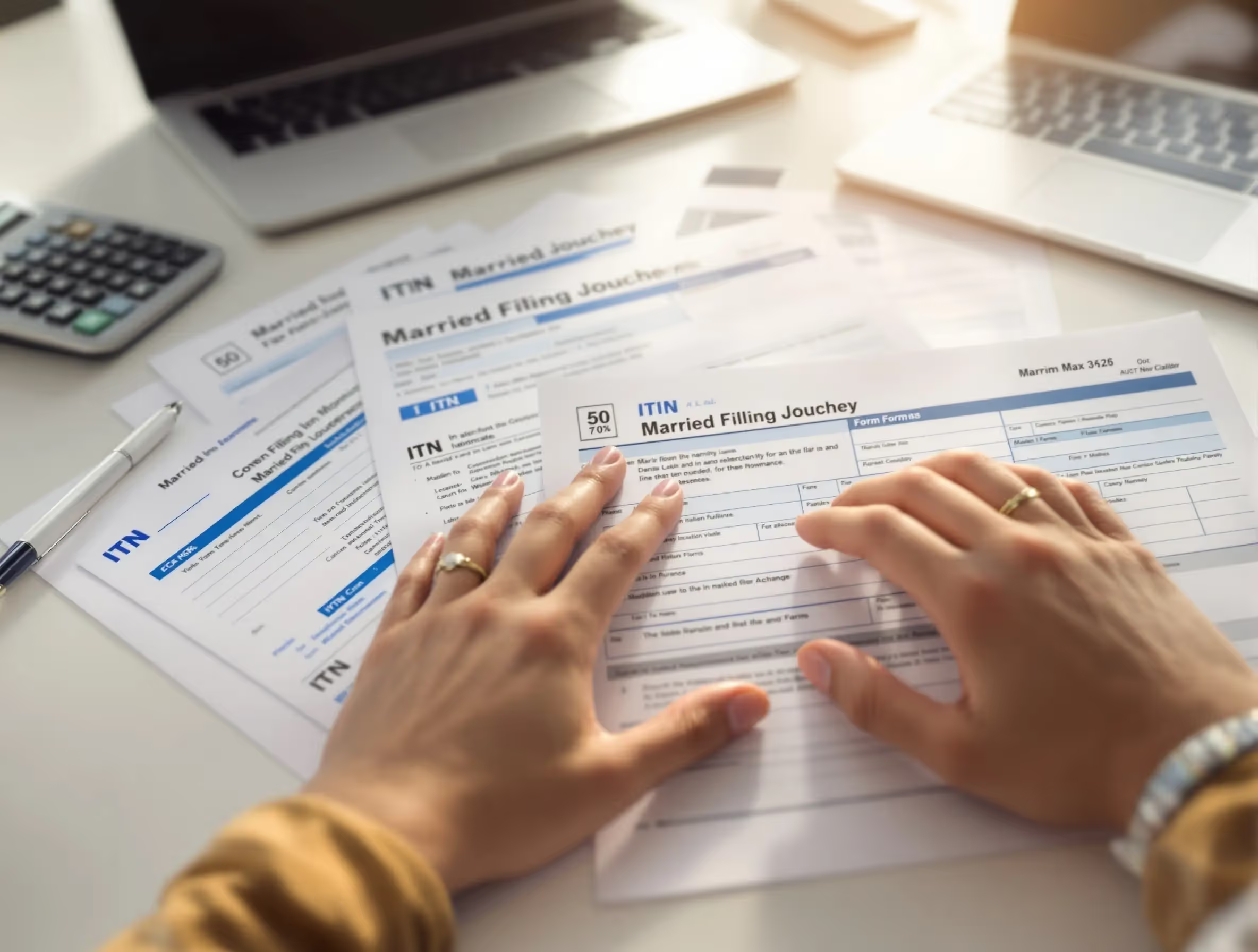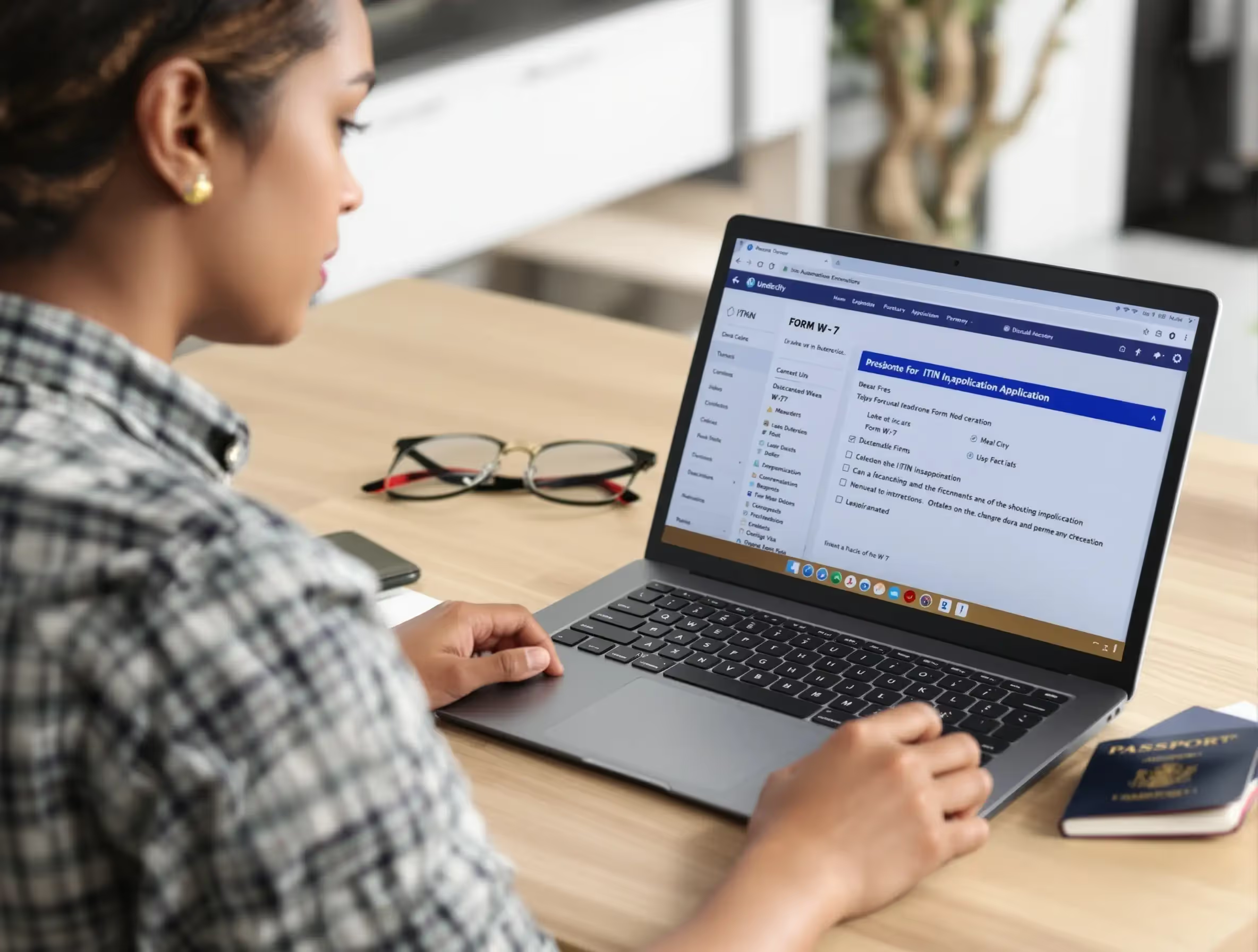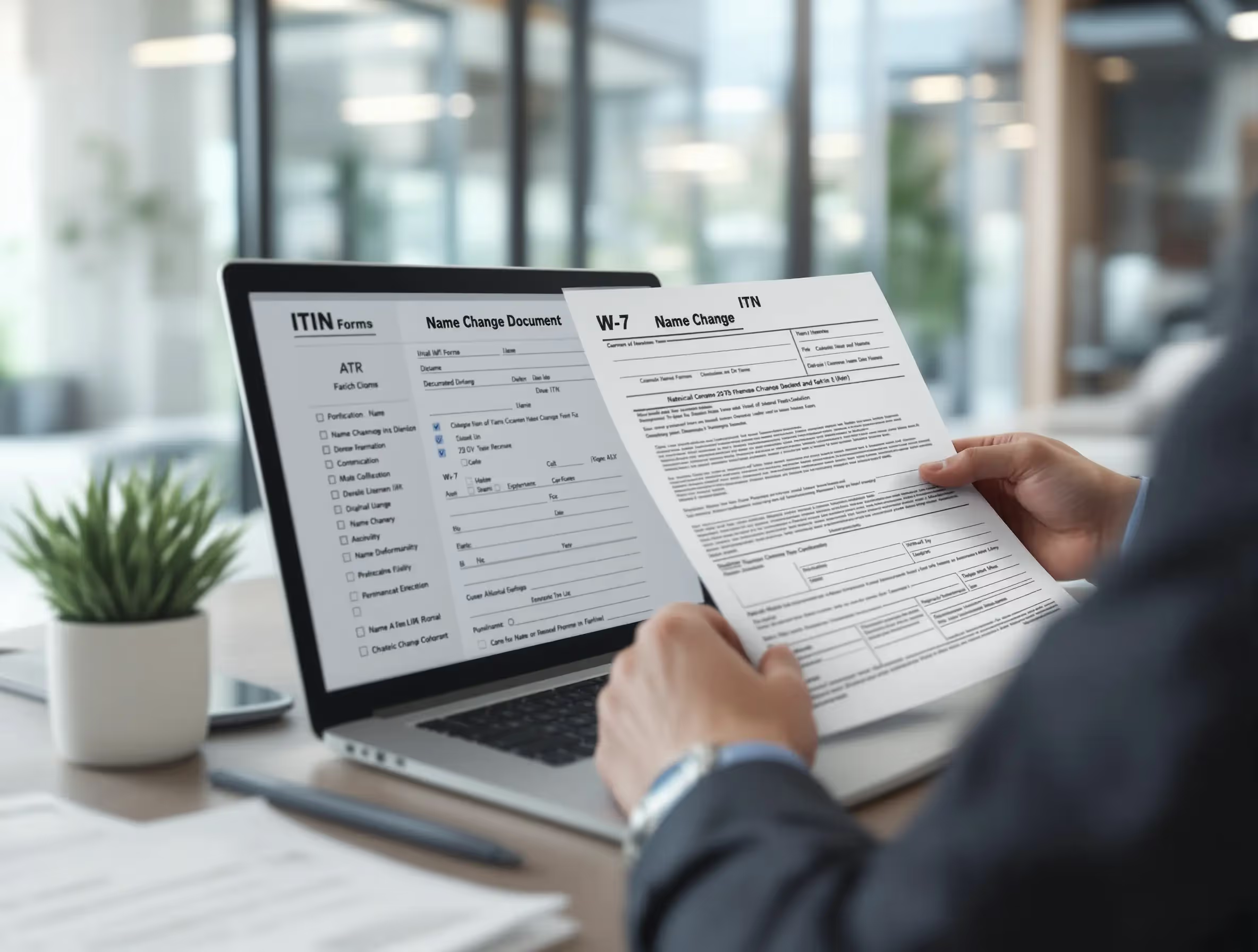
Many taxpayers need access to old state tax records for verification, financial, or legal purposes. A Louisiana tax transcript or copy of tax returns can confirm income, prove filing status, or provide documentation for loan, immigration, or education applications. The Louisiana Department of Revenue maintains these records and provides a straightforward process for requesting copies.
Unlike the IRS, which handles federal tax returns, Louisiana’s Department of Revenue manages state filings. The agency securely stores tax records, including income, withholding, and refund information, ensuring accurate documentation for taxpayers. Each transcript or certified copy provides official proof of filing that meets state and federal requirements.
The process for requesting copies is simple, but it must be done carefully. Taxpayers must complete the proper form, pay the required fee, and mail the request to the department. Once verified, the department securely sends the requested records to the provided address.
What Is a Louisiana Tax Transcript, and How Does It Differ from Federal Tax Returns?
Unlike the IRS, which issues federal tax transcripts, Louisiana provides complete copies of tax filings through the Department of Revenue. The agency manages both individual and business tax accounts, ensuring that only authorized taxpayers or their representatives can access the records.
Key Differences Between State and Federal Records
- Document type: A Louisiana tax transcript provides a summary of state tax information, while a federal tax return includes all forms and schedules filed with the IRS.
- Issuing agency: Louisiana’s Department of Revenue provides state records, while federal tax documents must be obtained directly from the IRS.
- Certification level: A certified copy from the state includes an official seal and signature verifying its authenticity.
- Primary purpose: State transcripts are used for mortgage verification, student aid, or business financing, while federal records are generally used for nationwide programs or federal agencies.
Each certified copy includes the filing date, tax period, and identifying details such as your Social Security Number. Because these documents contain sensitive information, the department recommends secure handling at every stage.
When Taxpayers Should Request Copies of Tax Records
Taxpayers request copies of tax records for a range of reasons. Louisiana’s regulations allow individuals and businesses to order specific years of filing history to meet legal or financial requirements.
Common Reasons for Requesting Copies
- Mortgage or loan approval: Lenders often require proof of income and filing history before extending credit.
- Financial aid verification: Colleges or universities may request copies of tax returns to confirm eligibility for grants or scholarships.
- Immigration or visa applications: Federal agencies may require proof of filing as part of the immigration or status update process.
- Lost or destroyed records: Taxpayers may replace missing tax documents that were lost, damaged, or misplaced.
- Legal and business needs: Attorneys and tax preparers may need certified copies to amend filings, resolve disputes, or document a company’s financial history.
Each request must comply with regulations enacted by the state. Requests without specific years, proper signatures, or payment will be returned unprocessed.
How to Request Copies from the Department of Revenue
Step 1: Download and Complete the Form
To begin, visit the Louisiana Department of Revenue’s website and download Form R-7004, titled Tax Information Disclosure Authorization. This form authorizes the release of your state tax information or copies of tax documents.
- Download the correct version: You must use the most recent form available on the department’s website to ensure compliance with current regulations.
- Provide accurate identification: Include your full name, mailing address, Social Security Number, and phone number exactly as they appear on your tax account.
- Specify the details of your request: You must select the correct tax type (such as individual or business) and list the exact years for which you need copies.
- Authorize others if applicable: You may authorize a tax preparer or attorney to receive your records by completing the appointee section with their contact information.
Step 2: Pay the Required Fee
Louisiana charges a small processing fee for each document requested. The cost varies based on whether you request a regular copy or a certified copy.
- Fee schedule: You must pay $15 per year for a regular copy or $25 per year for a certified copy.
- Payment methods: You can pay by check or by money order made out to the Louisiana Department of Revenue.
- Restrictions on payment: The department does not accept cash payments or credit card transactions for mailed forms.
- Separate payments for each year: You must pay a separate fee for every tax year requested, and partial payments are not accepted.
Attach your payment securely to your form before mailing. Always confirm that the check amount and payee are correct to prevent processing delays and errors.
Step 3: Mail the Request
Mail your completed form and payment to the Louisiana Department of Revenue, P.O. Box 201, Baton Rouge, LA 70821.
- Confirm mailing details: You must verify the box number, address, and date before mailing your documents.
- Include additional documents if necessary: You may attach a short letter if your request involves an amended return or special agency requirements.
- Keep a copy for your records: You should print and store a copy of your form and payment confirmation for future reference.
- Mail securely: Consider using tracked or certified mail to ensure safe delivery to the department.
Step 4: Wait for Processing and Access Your Records
Processing usually takes four to eight weeks after the department receives your request. The timeframe may be longer during peak filing months, such as March and July.
- Monitor your request status: You may contact the department by phone or mail to confirm whether your request has been processed.
- Check online services: You can use LaTAP, Louisiana’s secure online portal, to view payment details, filing information, or refund status electronically.
- Follow privacy best practices: Lock your screen and use a secure network whenever you view or print sensitive tax data.
Common Mistakes and How to Avoid Them
- Incomplete forms: Many requests are rejected because required fields or signatures are missing. You should review every section of Form R-7004 before mailing.
- Incorrect or missing payments: The department cannot process requests that include cash payments, underpayments, or missing fees. You must verify your payment method and total before sending.
- Unclear tax years: Writing “all years” or “all taxes” will result in rejection. You must list each year clearly and specify the tax type.
- Outdated form version: The department requires the most up-to-date version of the form. You should always download the latest version before completing it.
- Illegible writing: The department may delay processing if your handwriting is unclear. You should print neatly or complete the form electronically before printing.
By double-checking these details, taxpayers can avoid delays and ensure their requests are processed efficiently.
Frequently Asked Questions
How is a Louisiana tax transcript different from a federal tax return?
A Louisiana tax transcript summarizes only state-level filing information, while a federal tax return includes all documents submitted to the IRS. The Louisiana Department of Revenue issues state transcripts that show income, withholding, and payment history. Federal agencies cannot access these state records directly, so separate requests must be filed with each department.
How much does it cost to request copies of tax documents?
The Louisiana Department of Revenue charges $15 per year for a regular copy and $25 per year for a certified copy. A separate payment is required each year, made by check or money order. Cash payments and credit card transactions are not accepted. These fees cover verification, processing, and secure mailing in accordance with Louisiana regulations.
Can I submit my request electronically or track it online?
Most requests must be mailed to the department’s official P.O. Box address, but taxpayers can use LaTAP, the state’s secure online portal, to view basic tax account information. Through LaTAP, you can check payment status, refund history, and filing confirmations electronically. However, official copies or certified records must still be mailed by the department.
How can I contact the department if I have questions about my request?
You can contact the Louisiana Department of Revenue by phone or mail for assistance. When you reach out, include your full name, Social Security Number, mailing address, and the date of your request. Department representatives can confirm receipt, explain processing times, or guide you through any additional steps needed to complete your request.
Can a tax preparer or attorney request records on my behalf?
Yes, a tax preparer or attorney may receive your records with your written authorization. You must list their full name, address, and phone number in Section 2 of Form R-7004. Both you and your representative must sign the form to validate the request. If long-term access is required, a power of attorney form may also be necessary under state regulations.












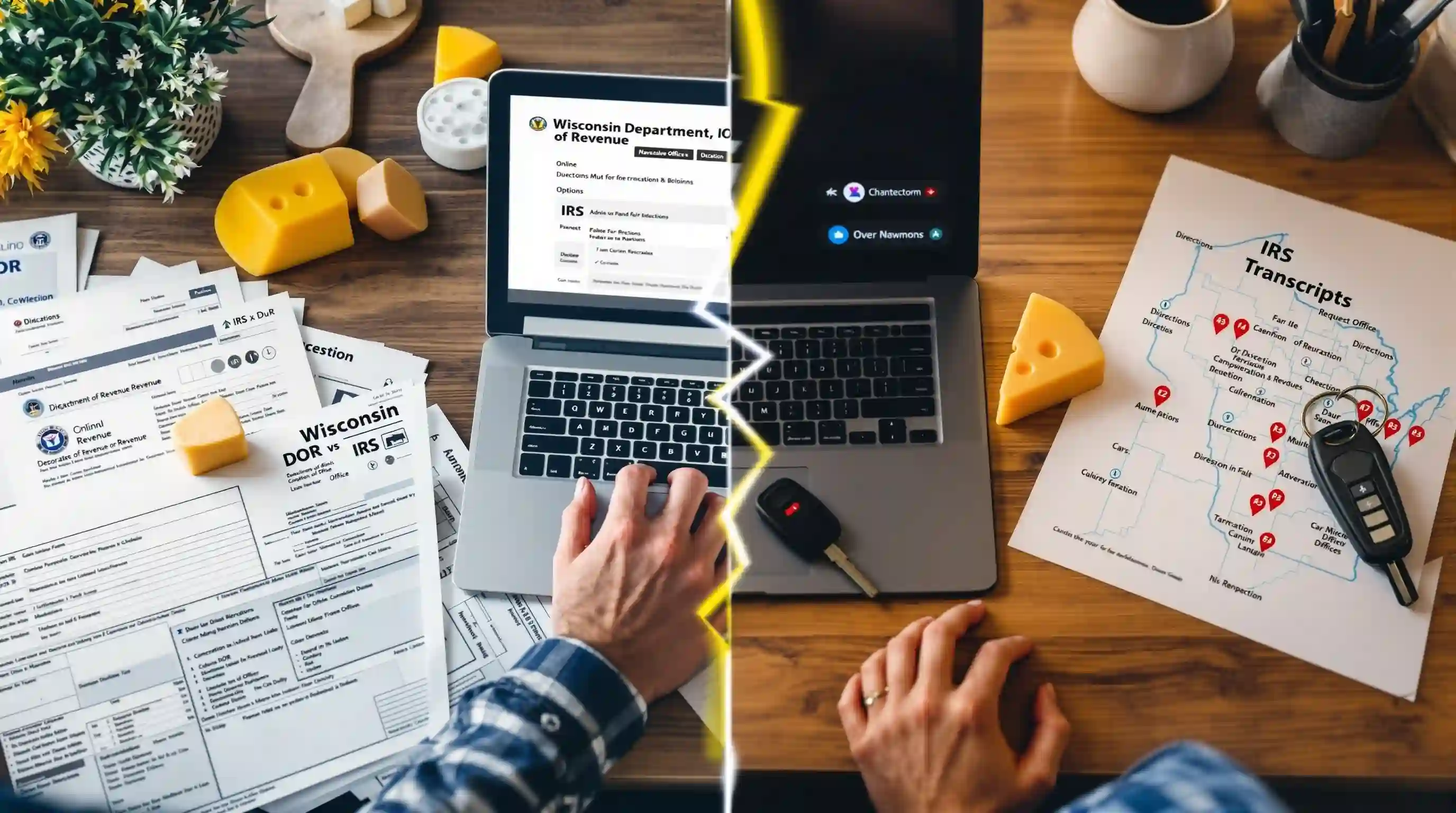


.avif)


